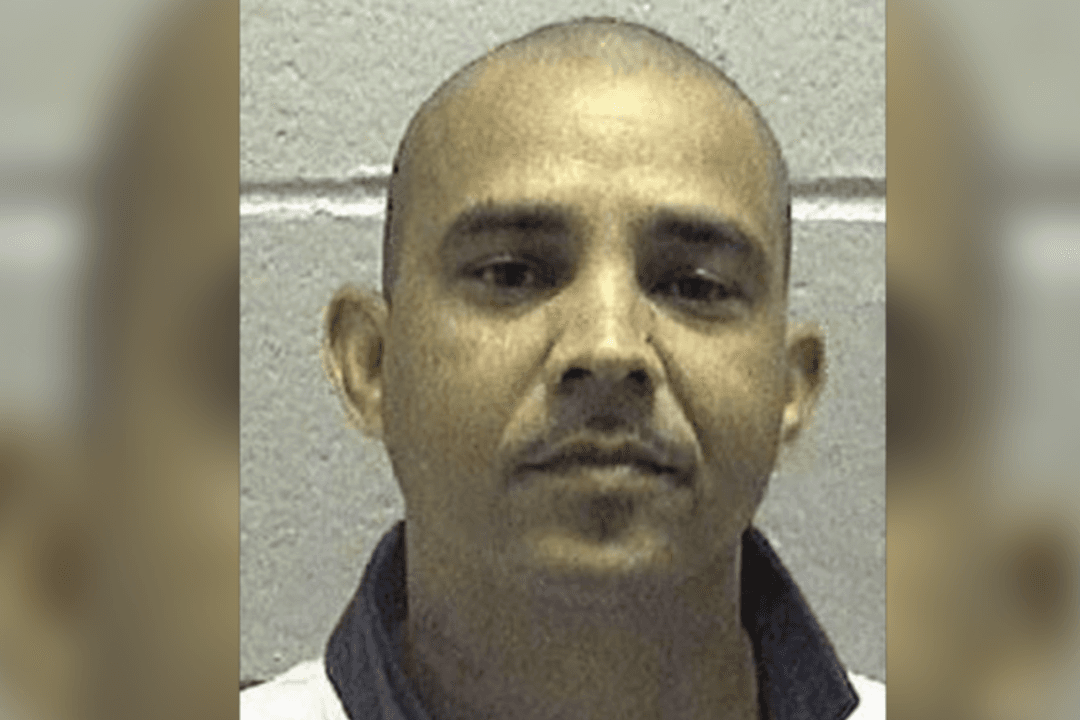JACKSON, Ga.—A Georgia inmate convicted of the 1996 shotgun slaying of a man who had agreed to give him and another man a ride outside a Walmart store was executed late June 21.
Marion Wilson Jr., 42, was pronounced dead at 9:52 p.m. following an injection of the sedative pentobarbital at the state prison in Jackson, the office of the Georgia attorney general said in a statement.





